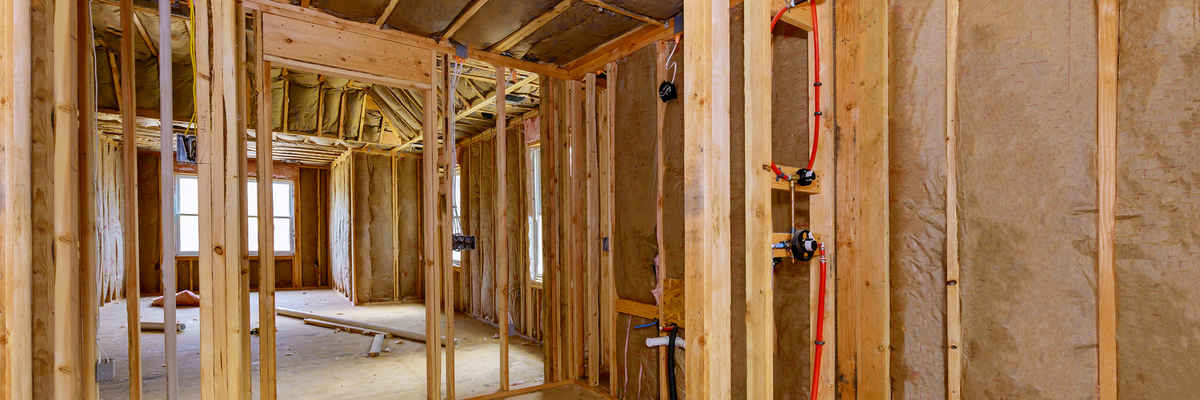What are the benefits of attic insulation?
Attic insulation keeps the heat in during winter to keep your home warmer. Heat rises up into the attic, so it typically has the same temperature as the outside air which shocks home owners when they go up to check. This means that less energy is needed for heating--about 25%. The house will be warmer and quieter even though its just coming from one area of your house.
It also prevents high-energy cooling costs during summer months because it does not allow air flow up through shady areas which often do not get good cooling breezes. It'll take more time for your central AC unit to cool off an insulated house since less hot air can flow out through leaks in the ceiling or walls.
It's also resistant to water and fire. Your attic is not as likely to get wet since it is insulated. If your attic does happen to leak, the insulation will help prevent water from rotting walls and attic beams or damaging things below .
Is attic insulation expensive?
No, attic insulation isn't very expensive. A roll of cling-style insulation can be found under $10 and typically covered by homeowner's insurance without a deductible. Rolls come in 5 foot wide lengths that can easily be cut with scissors or box cutter/utility knife for smaller jobs. Batts are also available at hardware stores for around $20-$50 per sheet which can cover about 20 square feet depending on how dense they're packed.
Where is attic insulation installed?
Attic insulation can be found within a roof's attic which most homes have to try and keep the attic cool.
Call Now - (707) 562-0911
Get Your Free Quote!

How does attic insulation work?
Attic insulation sounds like a simple concept. It covers your ceiling, so it must prevent the heat generated by your appliances upstairs from radiating into the attic and being recaptured by those same appliances. But how does it actually work?
The most common type is fiberglass. The fibers are either blown or thermally sprayed onto adhesive paper wherein they are applied to span shingles, wood, concrete roof decking, low-slope roof systems with foam underlayment. Many builds with pitched roofs use wrapped-under fiberglass that is nailed into place on top of rafters or purlins before flashing with metal based products - typically "self vinyl" general purpose sheets for air sealing between an air barrier system and either rigid foam or attic insulation. Pitched roofs are the rule rather than the exception in most of North America.
Pitched metal roofs can use blown attic insulation over rigid foam to meet energy code minimums, but it does not provide much additional thermal resistance above that which is required by metal roof assemblies even with all edges flashed. Where attic insulation is blowing loose on top of a solid-roof assembly or where walls are also insulated below roof decking without added air barriers at the eaves and rakes, attic insulation has no effect on reducing convective loops through attic airspace if no seams are sealed between metal sectional strapping used for traditional ballasted systems that embed into felt paper alongside shingle courses - thermal resistance drops under these circumstances. If attic insulation is installed over vapor retarder at the attic floor, attic insulation can make a large difference in reducing convective loops through attic airspace if no seams are sealed between metal sectional strapping used for traditional ballasted systems - it functions as a secondary air barrier to further prevent bypasses.
If your attic has only been covered with blown, loose-fill fiberglass then you should consider that your entire attic now acts as one giant convective loop from end-to-end and side to side. In this case there is little point in blowing additional fiberglass up into walls as rigid foam provides superior thermal resistance above roof decking.
Call Us Now - (707) 562-0911
